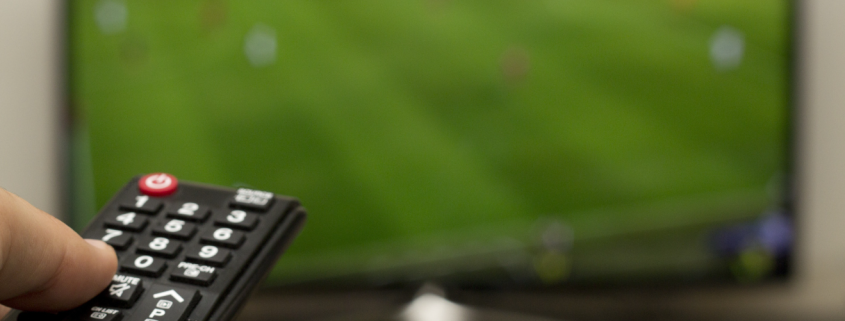Does The Big Game Come With A Big Risk?
Football Season is in full swing, with the Kansas City Chiefs and San Francisco 49ers facing-off for a chance to be this year’s NFL Champions. Emotions are at an all-time high, and anything is possible. Regardless of which team we support, the uncertainty keeps us on the edge of our seat, our hearts pounding with adrenaline until the final seconds.
So, what exactly happens to our body during the most stressful moments that have and will come to define sports history?
According to a study published in the New England Journal of Medicine, research found that viewing a stressful soccer match more than doubles the risk of having a minor cardiovascular event. Some fans have a very emotional response to an intense game that triggers their fight-or-flight. This can increase heart rate, blood pressure, cause narrowing of blood vessels and sometimes arrhythmias, or abnormal heart rhythm. According to NOAH provider Nicole James, FNP-C, this is a “completely normal” response as adrenal glands release hormones that increase blood pressure and heart rate. Increased heart rate and blood pressure requires extra workload on the heart and those individuals with preexisting heart conditions, such as heart disease or coronary artery disease, may experience more significant symptoms when they’re excited or nervous at a sporting event.
Furthermore, a study from the Canadian Journal of Cardiology found that while tuning into a hockey game, TV viewers’ heart rates increased by an average of 75%, and game attendees’ heart rates increased by 110%, the equivalent to heart rate seen during moderate-to-vigorous exercise.
However, most individuals watching sports are just fine. Dr. Robert Kloner, director of cardiovascular research at Huntington Medical Research suggests being aware of symptoms of chest pain or pressure, shortness of breath, palpitations, feelings of lightheadedness or dizziness, or passing out during the big game.
Despite the minimal risks, watching sports allows us to escape real life stressors and connect with a like-minded community. Doing so allows us to experience a collective glory when our team does well and gives us hope for better even when they don’t. Game on!











